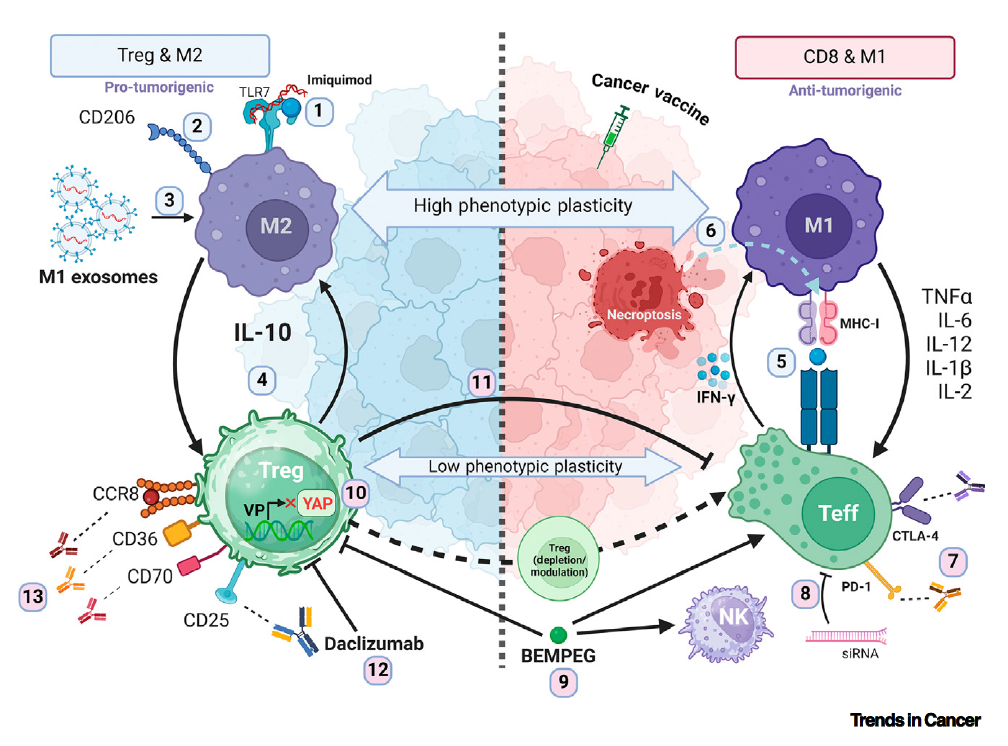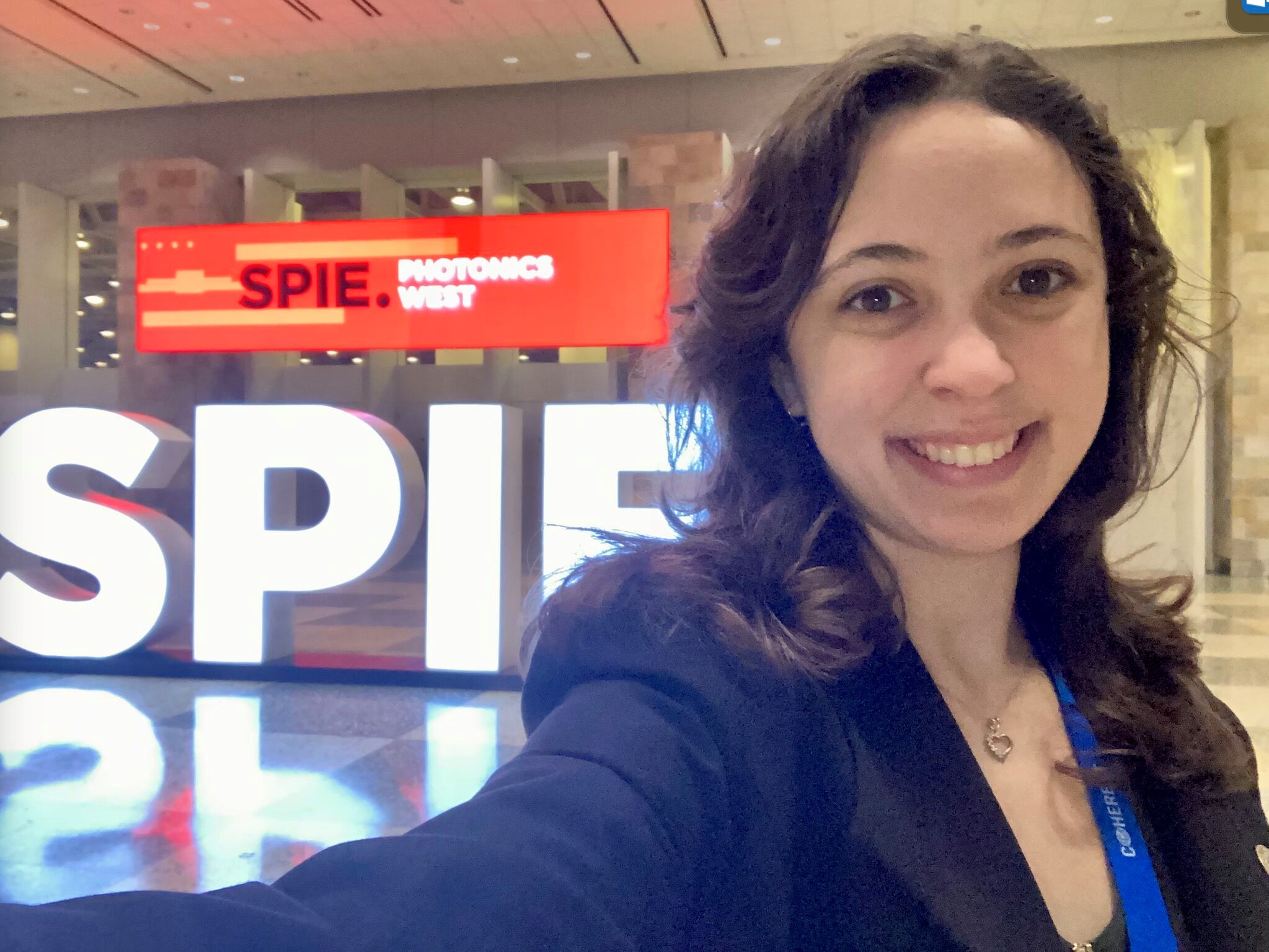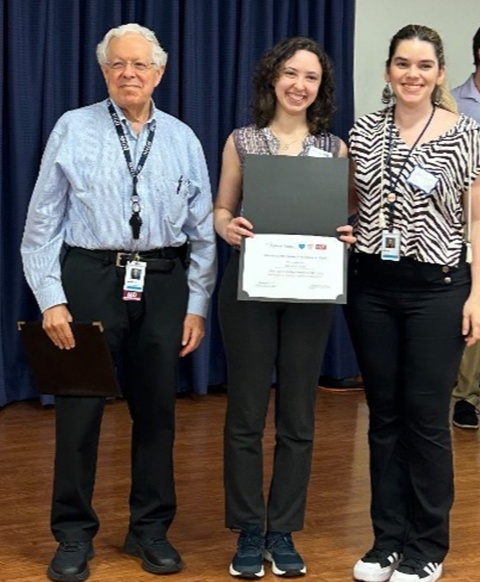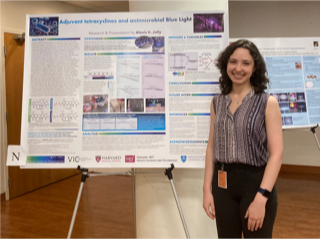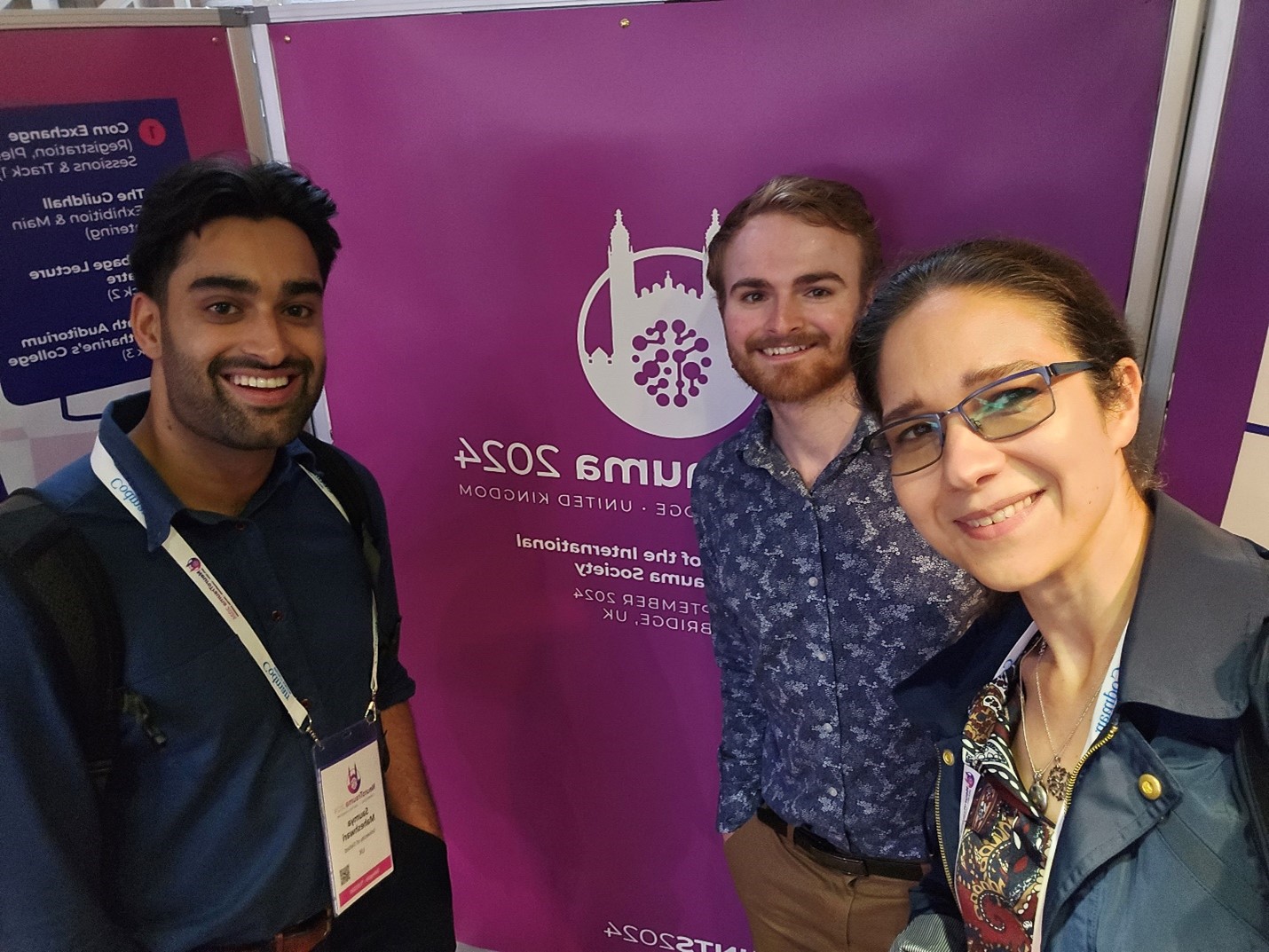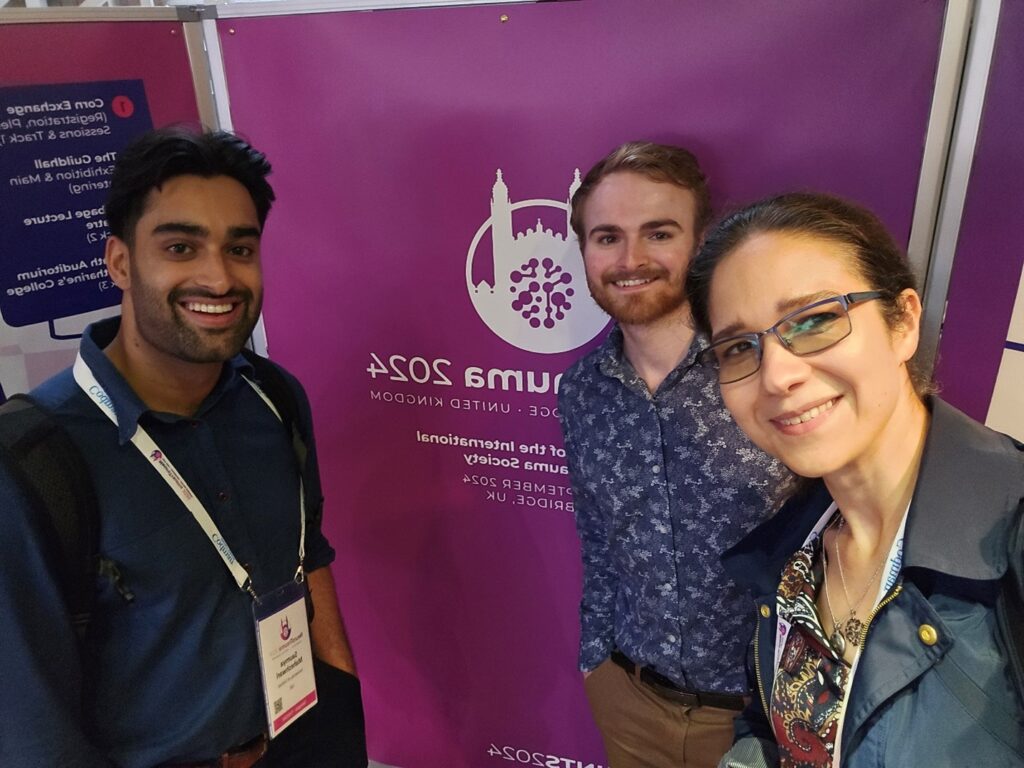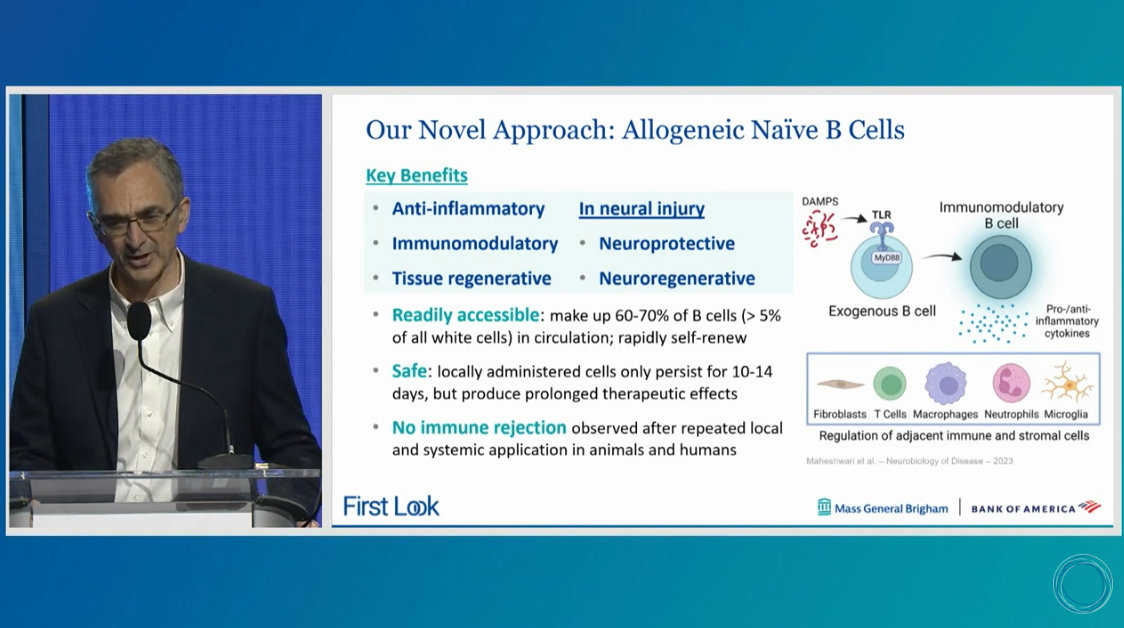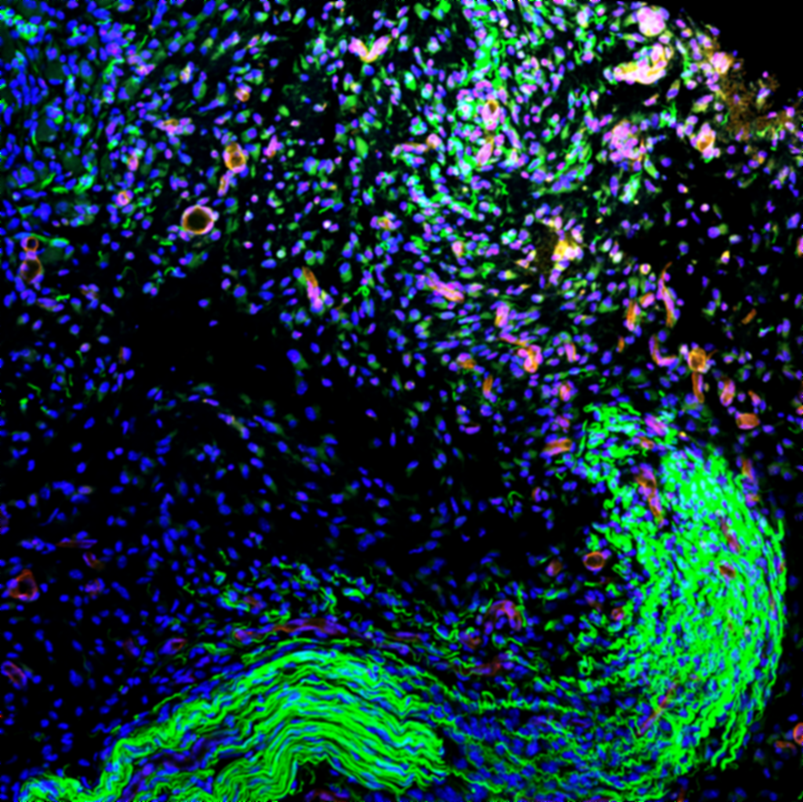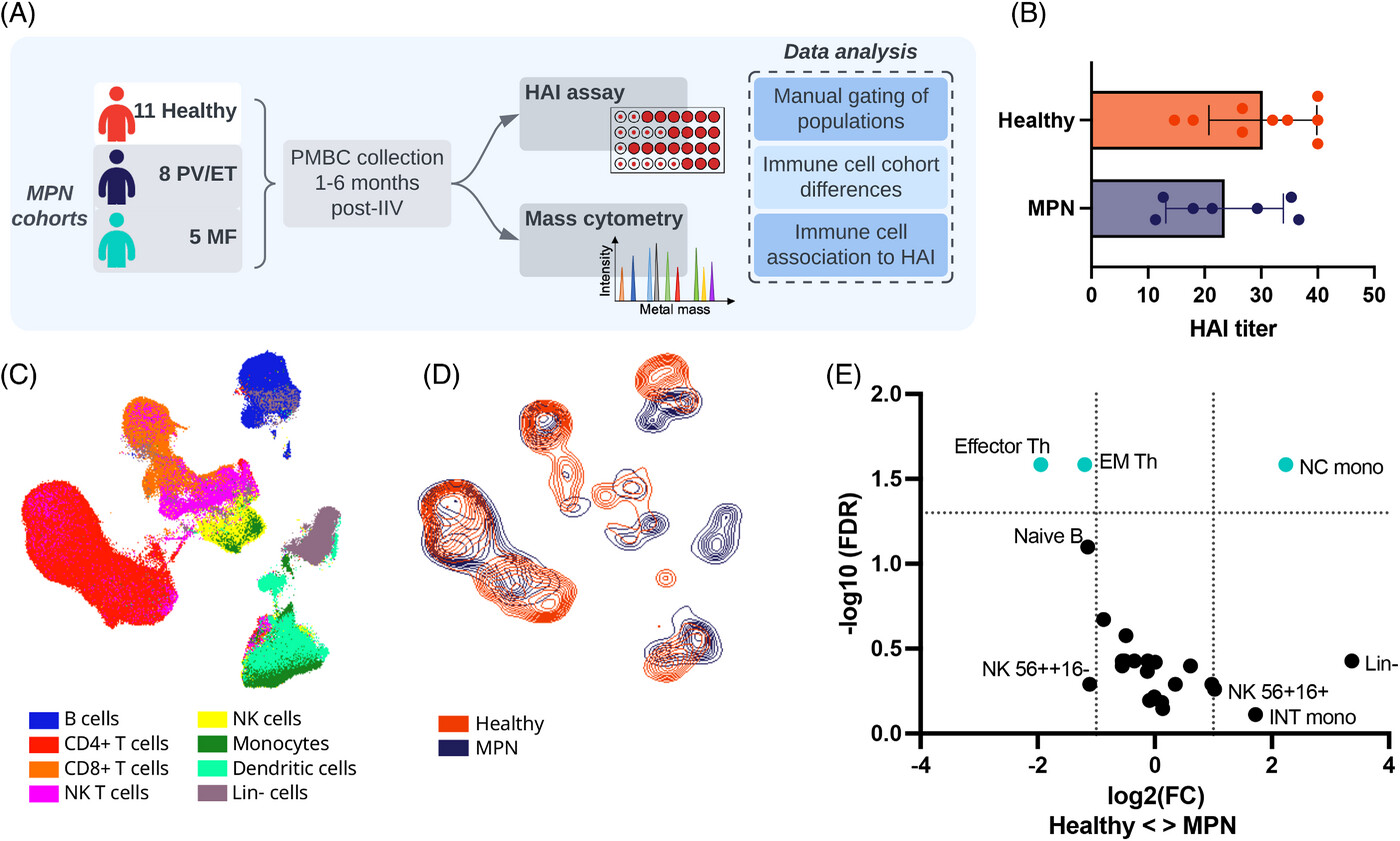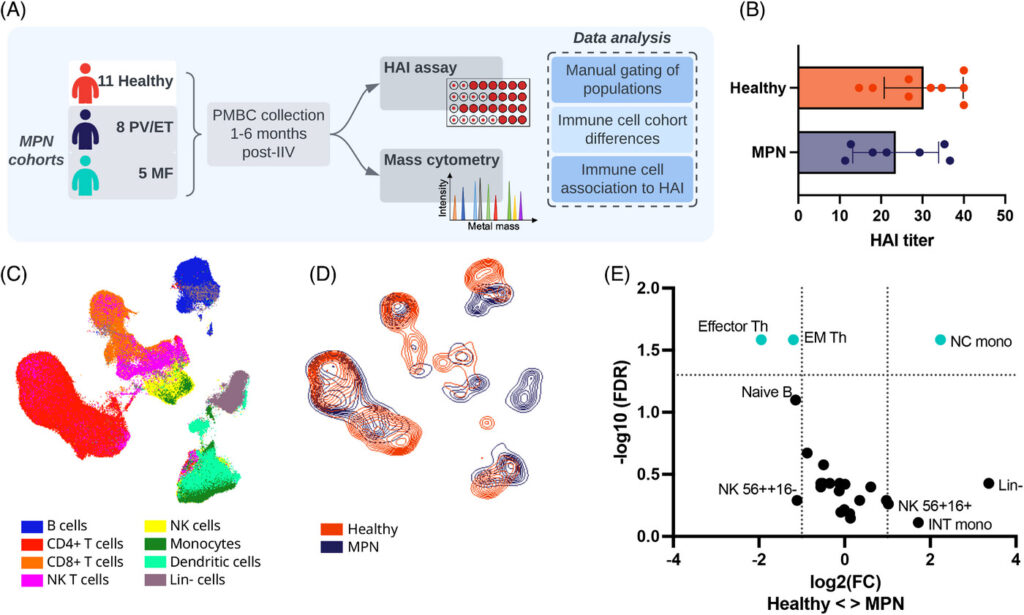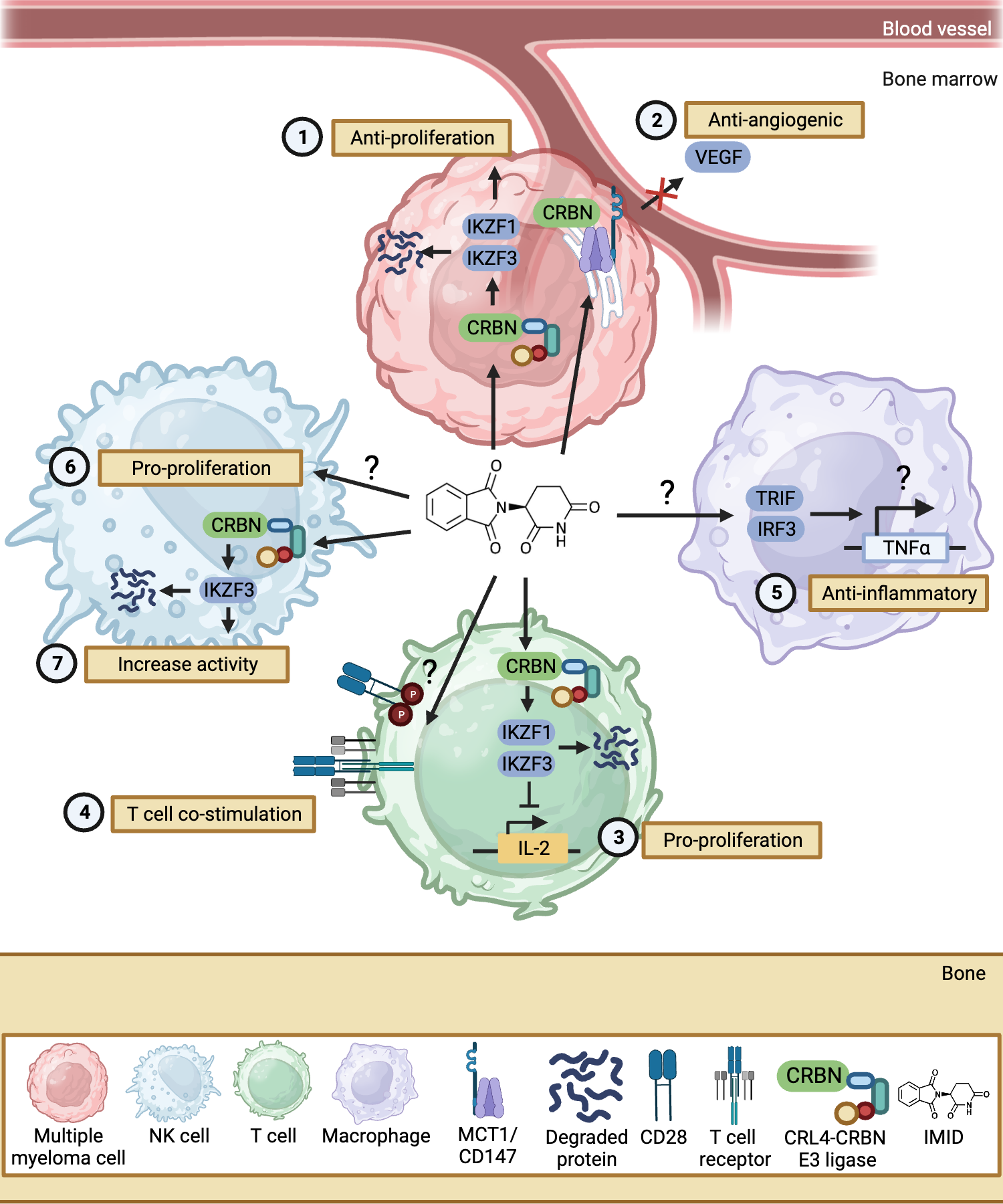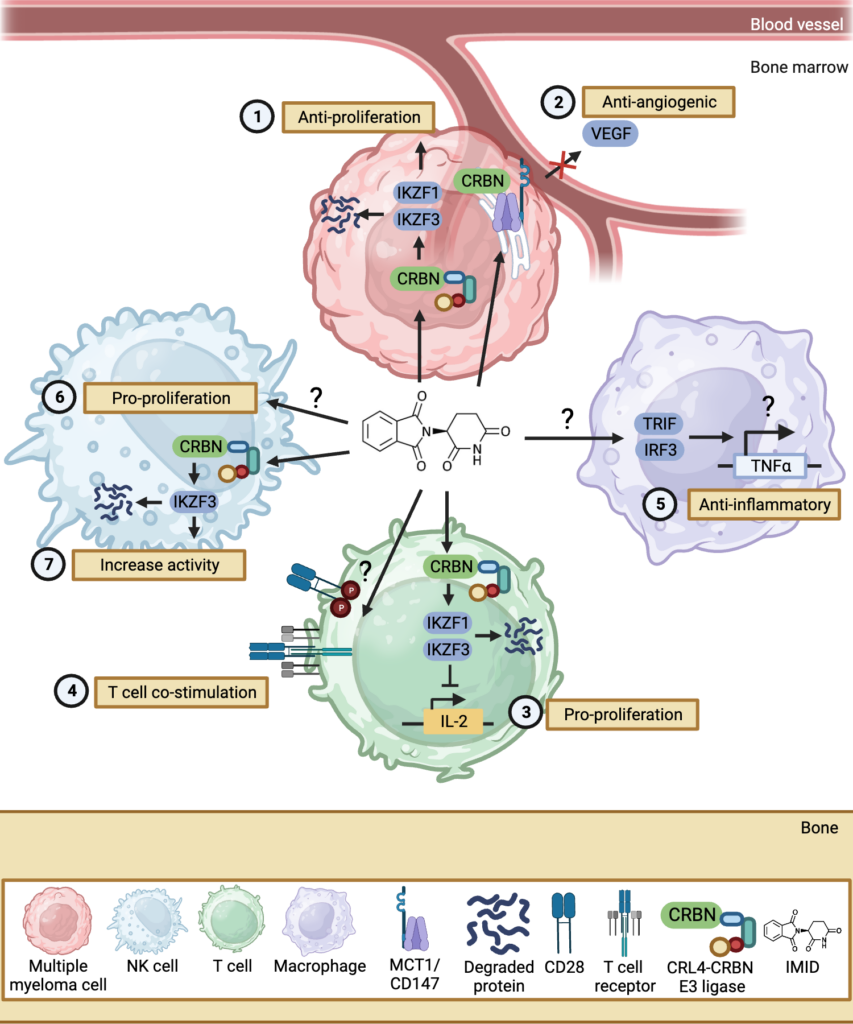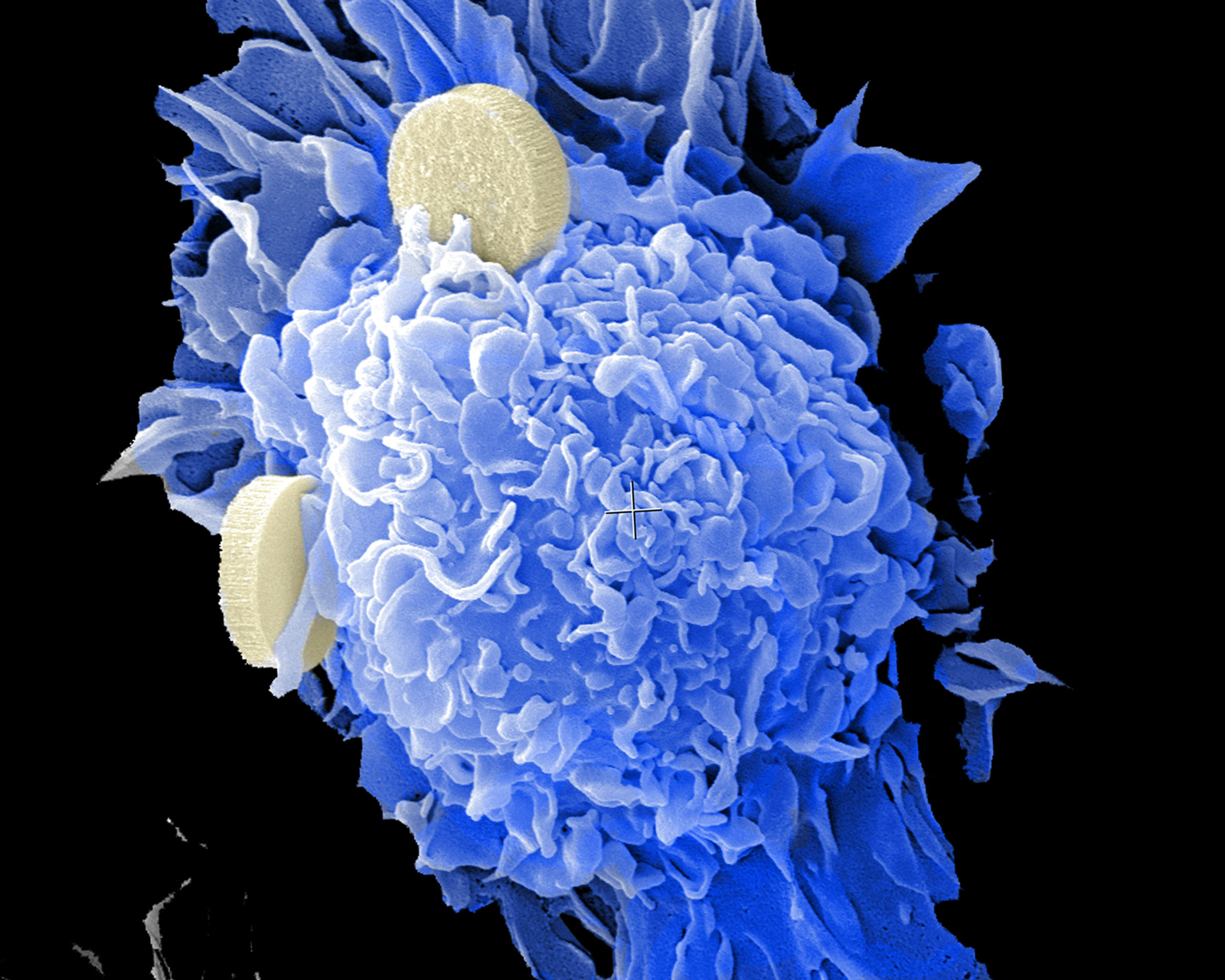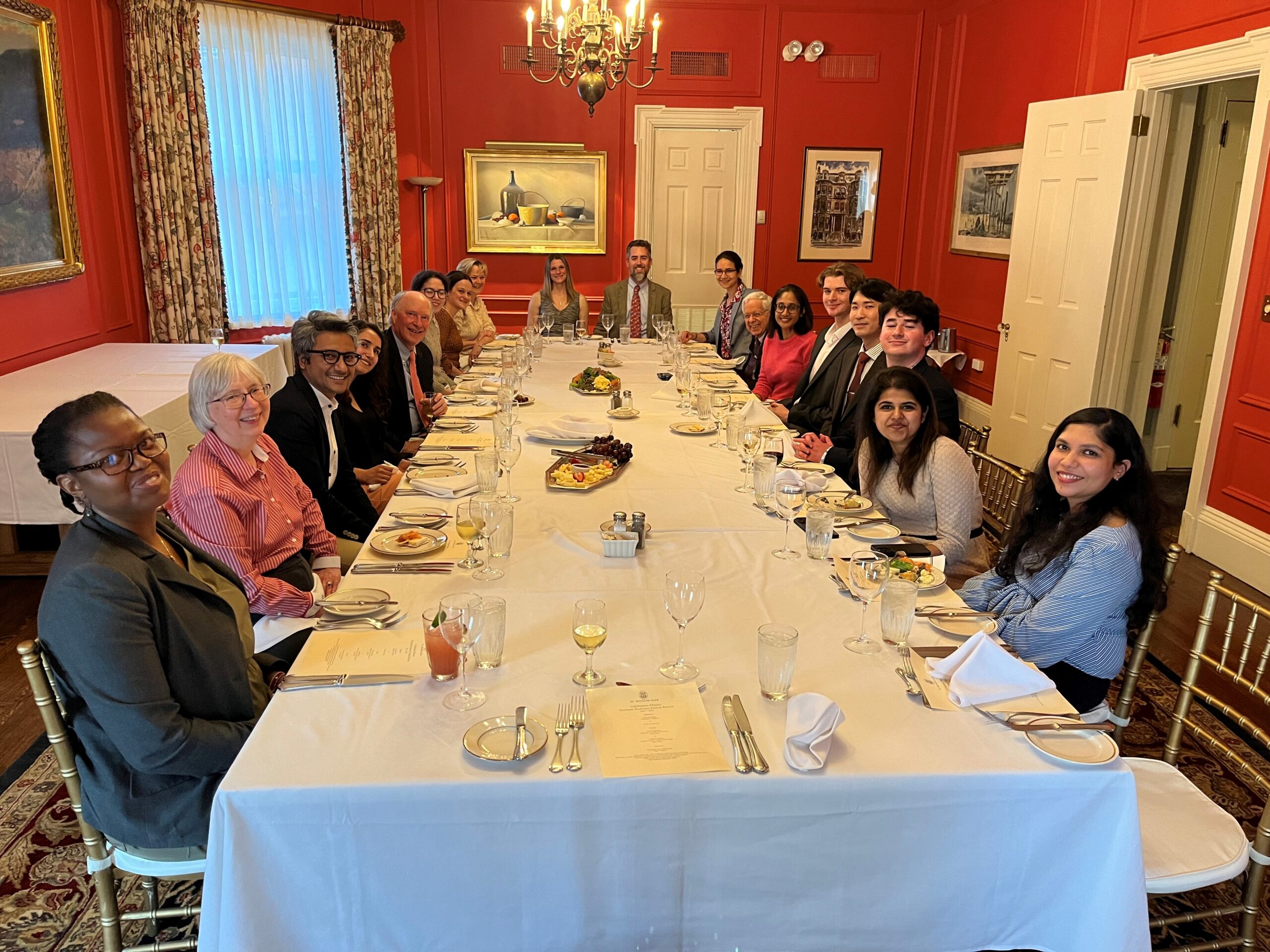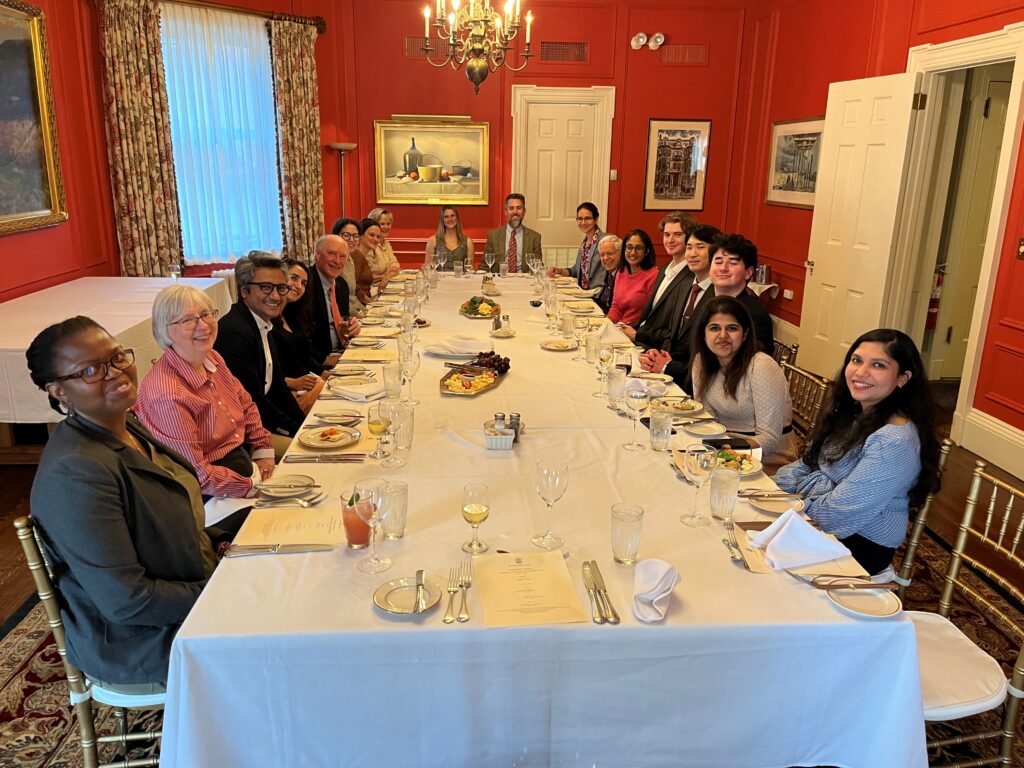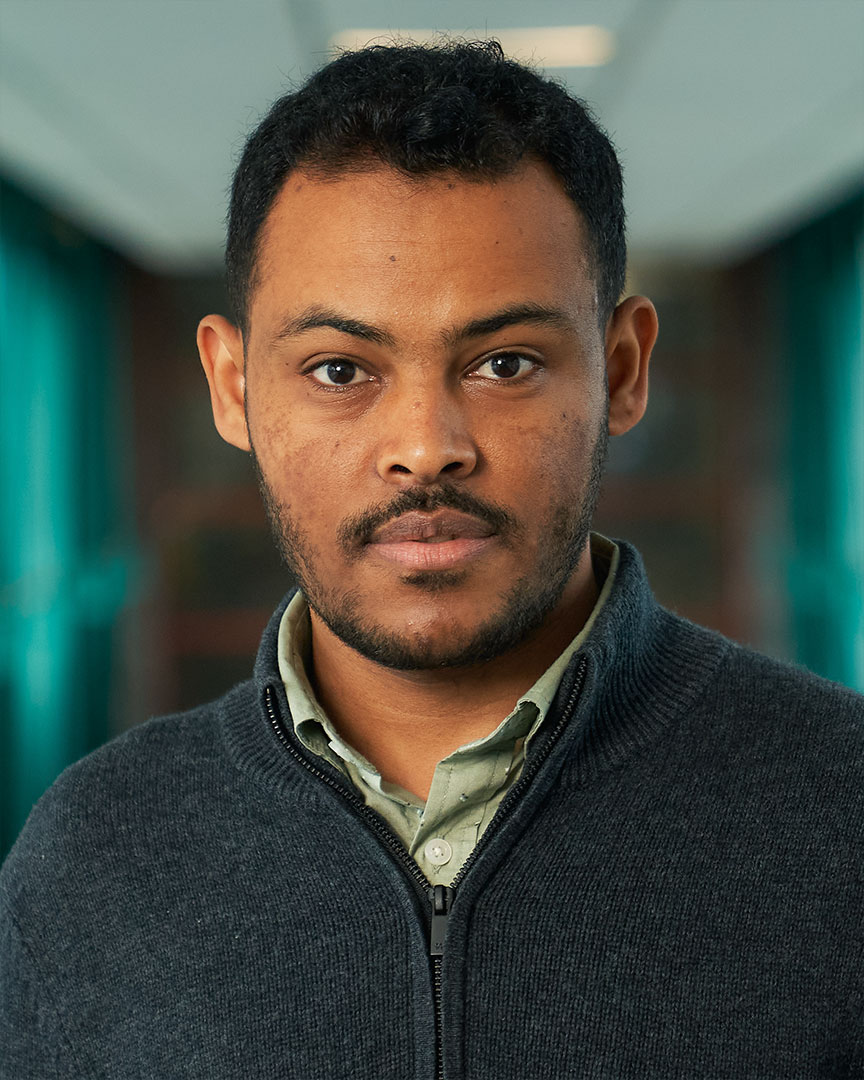I recently returned from the international SPIE Photonics West Conference in San Francisco, having had two papers accepted for presentation and manuscripts published. It was an incredible opportunity for me that was a direct result from my summer at the Vaccine and Immunotherapy Center (VIC), Harvard Medical School, and the Wellman Centre for Photomedicine at Massachusetts General Hospital (MGH).
I was fortunate to have been chosen for the 12-week internship at VIC, Harvard Medical School as the 2024 recipient of the Medical Student Research Training Award by Professor Mark Poznansky and the team of Senior Scientists at VIC. Invited to join Dr Jeffrey Gelfand’s Lab, I had the opportunity to work with and learn from innovative academics across medicine, engineering, physics, and chemistry.
My research investigated antimicrobial Blue Light as an adjuvant therapy for infections, augmenting treatment efficacy and potentially mitigating resistance development. This work has potential for profound impacts on post- and intra-operative infection control, as well as wider impacts in healthcare. I presented my work to the leading researchers and academic community of VIC, Wellman, and the Harvard-MIT Health Science and Technology (HST) Institute, at MGH, and Harvard Medical School. I also submitted abstracts of the research and was invited to present at the prestigious International SPIE Photonics West Conference for Photonic Diagnosis, Monitoring, Prevention, and Treatment of Infections and Inflammatory Diseases 2025, in January in San Francisco. The Conference was an opportunity to both reconnect with Harvard colleagues and to meet, connect with new researchers and scientists from across the world, and exchange ideas.
During my time in Boston, I had the privilege to participate in remarkable learning opportunities including weekly presentations from leading immunologists and cancer researchers from around the world at VIC with Professor Poznansky, medical innovation and technology presentations at Wellman with Dr Rox Anderson, and the biweekly Wellman Biomedical Optics and Photonics Institute with Dr Seok-Hyun Andy Yun composed of lectures by leading researchers from Harvard-MIT HST. This 40-hour course is a series of lectures spanning study and innovation of biomedical optics for improving human health and advancing biological sciences, including fluorescence imaging, light-tissue interaction, photochemistry, and applications of light in medicine in the Harvard-MIT HST program. Being able to get involved, ask questions, visit labs, and learn from the various researchers as well as the connections and friendships I developed over the summer have been remarkable.
Additionally, I had the opportunity to participate in the Harvard-MIT HST Healthcare Hackathon hosted by the Wellman Centre for Photomedicine for academics from across the world with multidisciplinary backgrounds, where we competed in teams to design, present, and defend innovative engineering solutions to challenges in healthcare, guided by researchers from Wellman – doctors, engineers, chemists, and physicists. In the context of the Hackathon supported by WARE (Wellman Anti-Racism Effort), our proposition targeted accessibility to healthcare for disadvantaged populations where appointments and hospital visits may be challenging.
In November 2024, I led a team in developing and delivering two full-day symposia on Photomedicine with particular focus on light for surgical innovation in treatment and rapid diagnostics to my medical peers, engineering, and physics students with a passion to learn about the new innovations and intersections between physics, medicine, and engineering.
These experiences, which began at VIC, and their many opportunities have been life-changing and career-shaping and I am forever grateful for the opportunities provided by Professor Poznansky, Dr Anderson, Dr Gelfand, the Vaccine and Immunotherapy Center, Wellman Center for Photomedicine, Harvard Medical School, Massachusetts General Hospital, and the University of Edinburgh for making this experience possible. The past summer has been immensely influential for me, and where I am as a result would not have been possible without the support and guidance of these leaders in medicine and healthcare.


